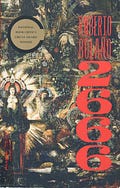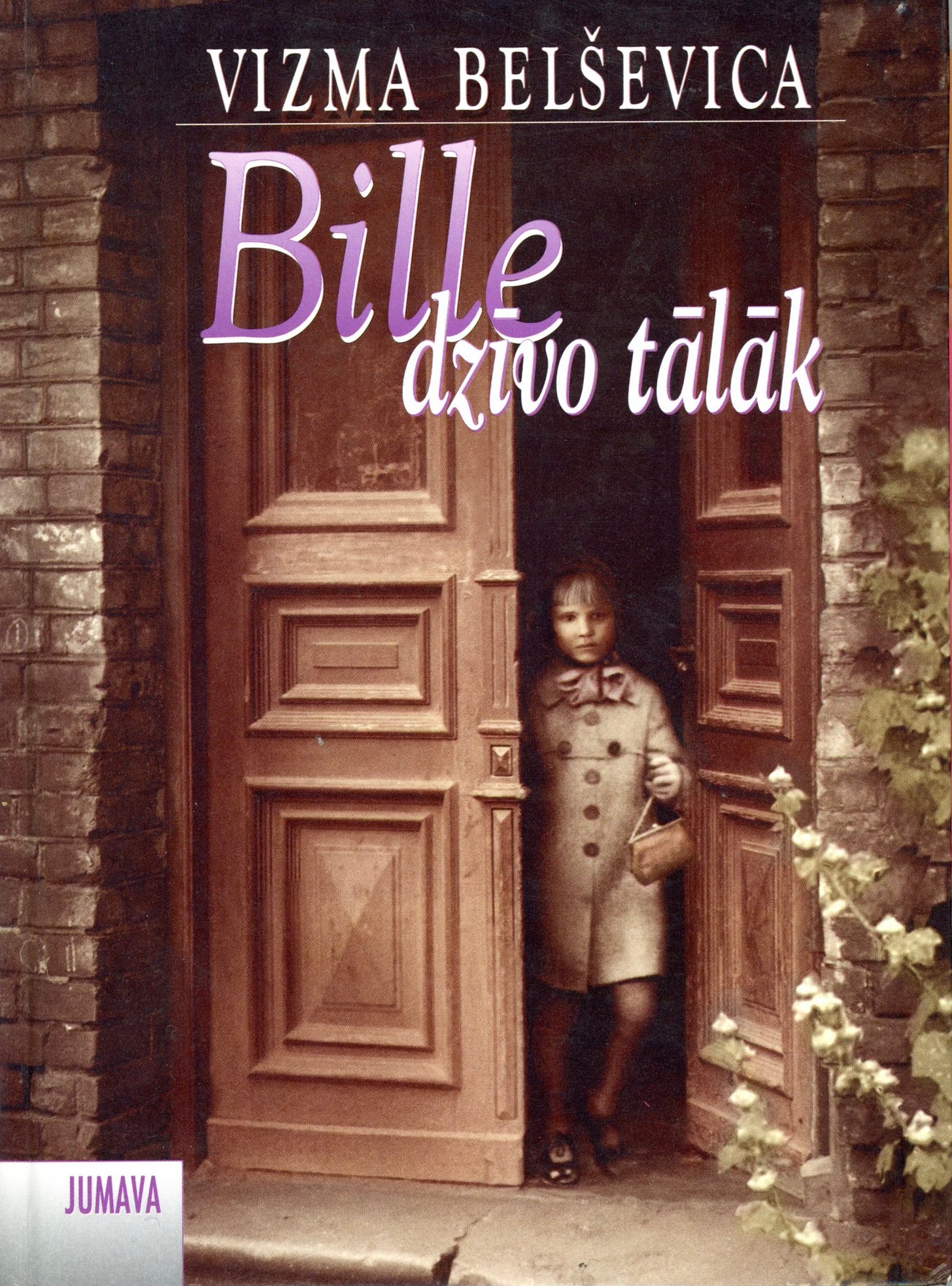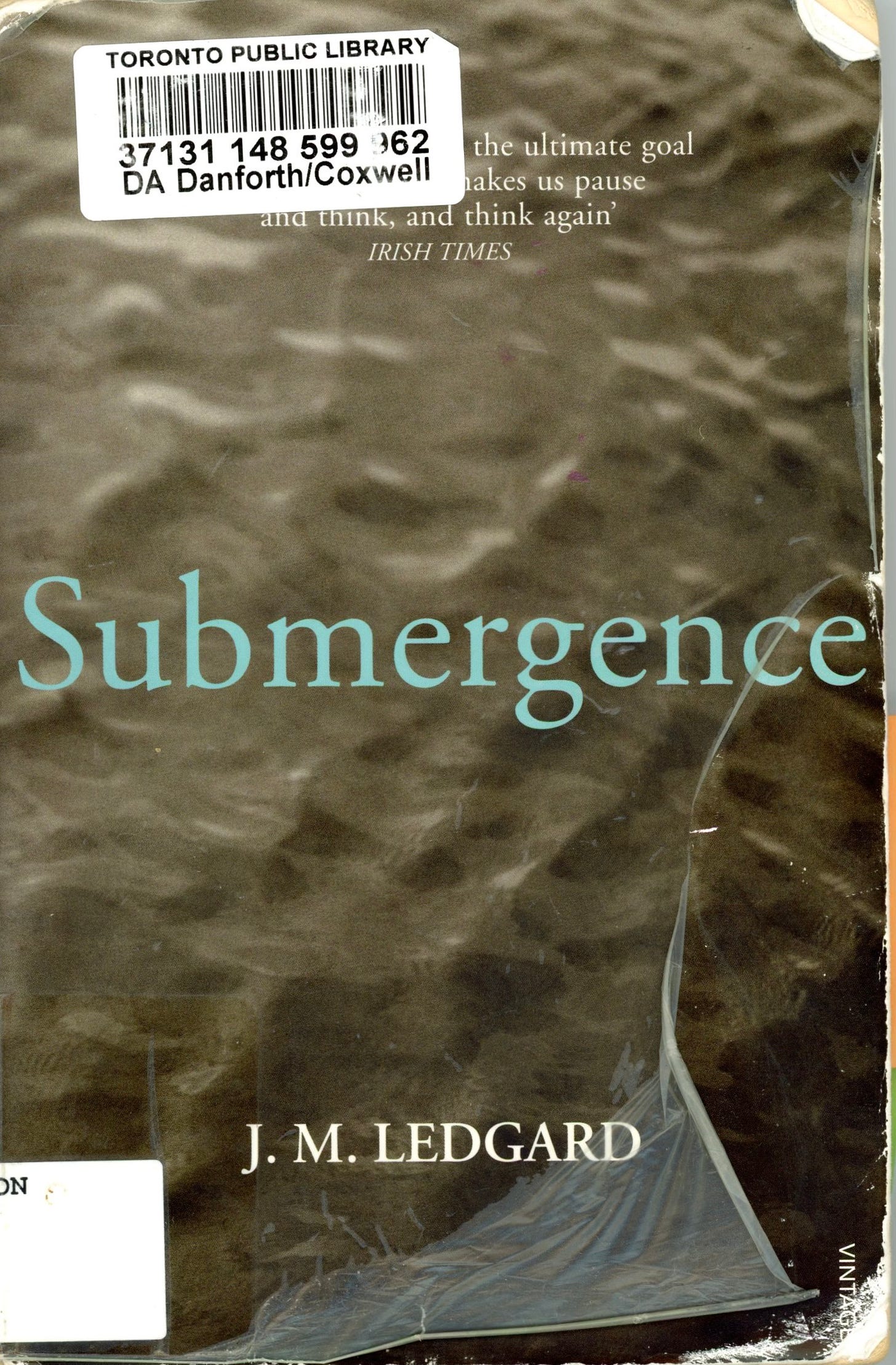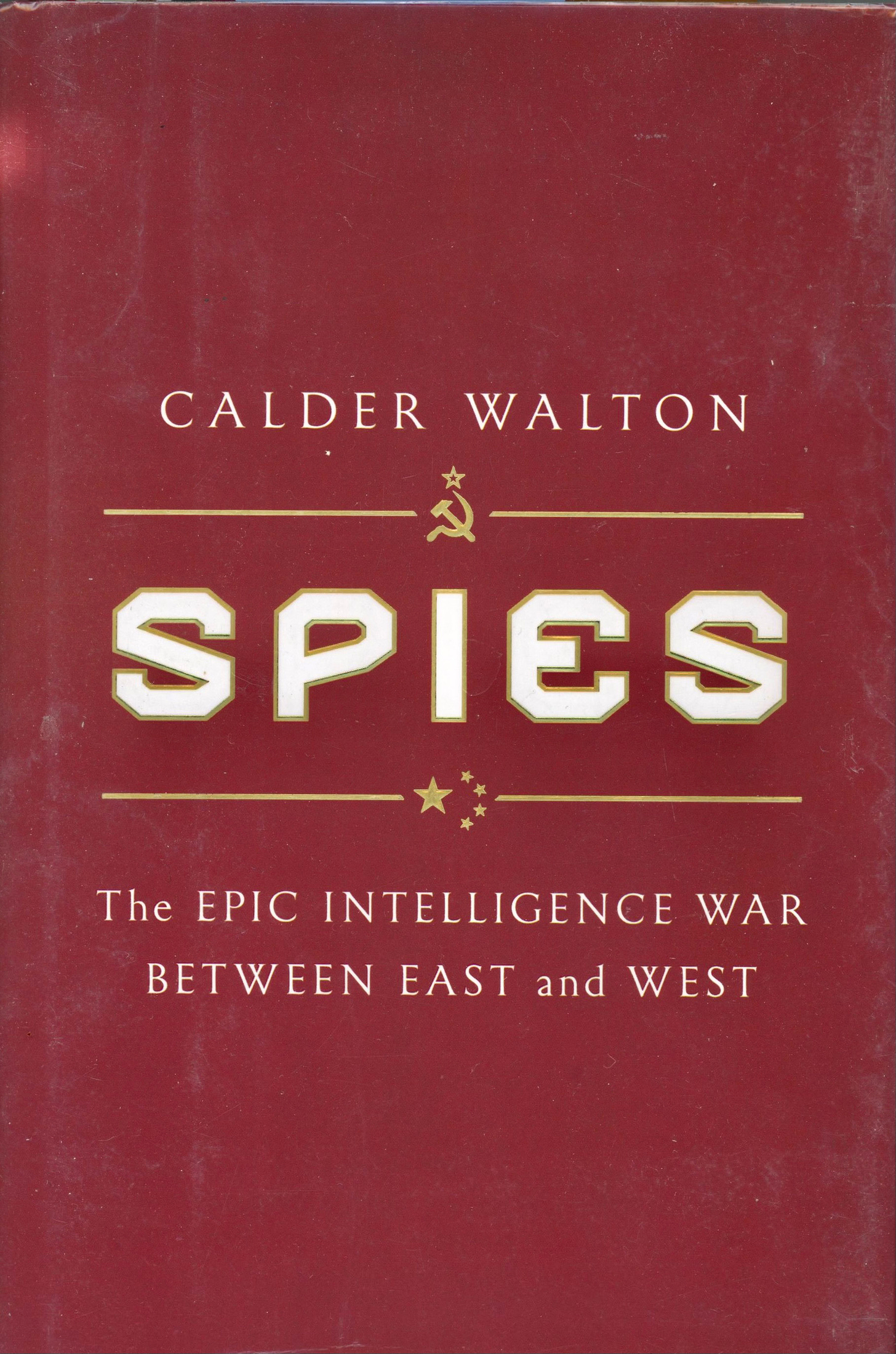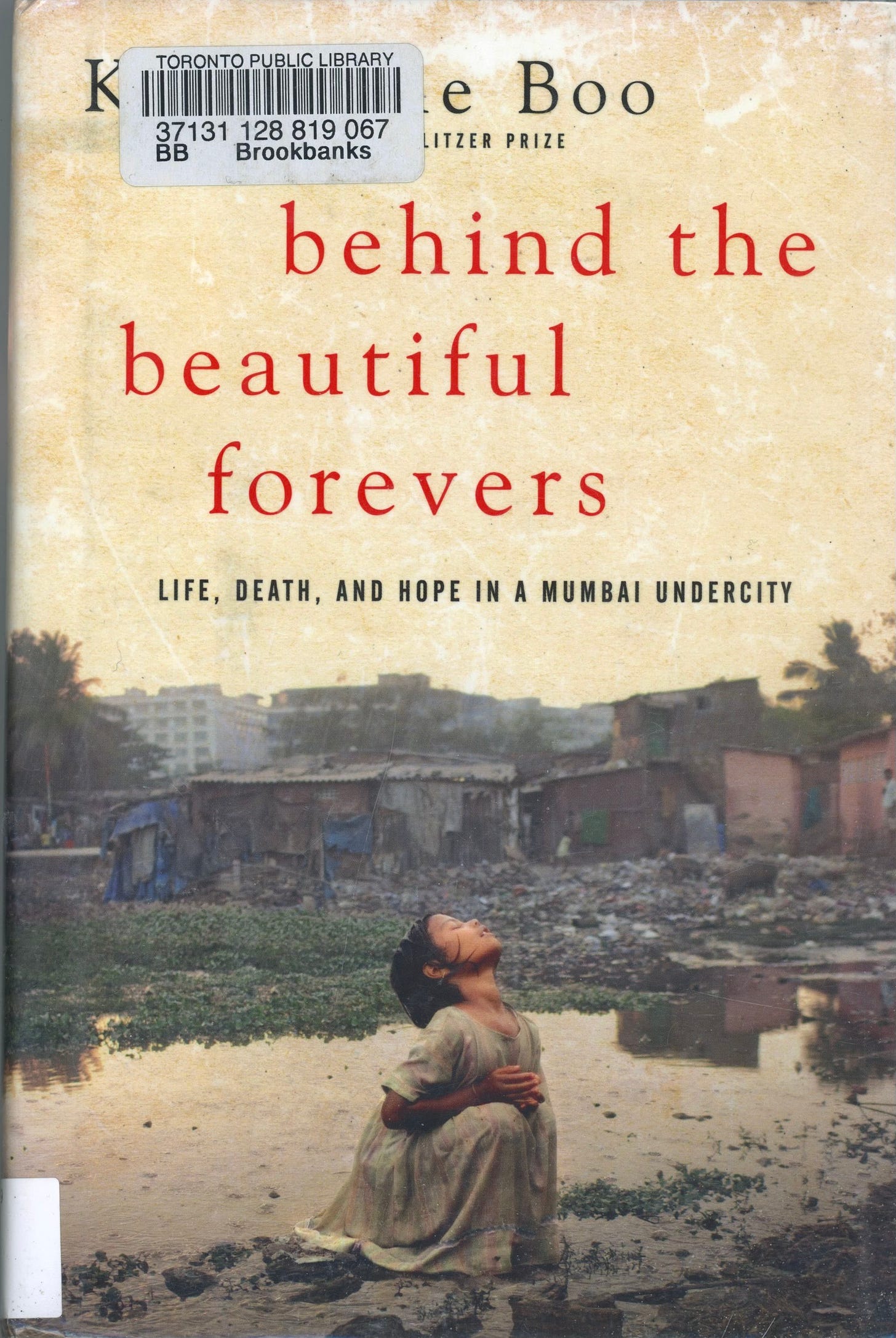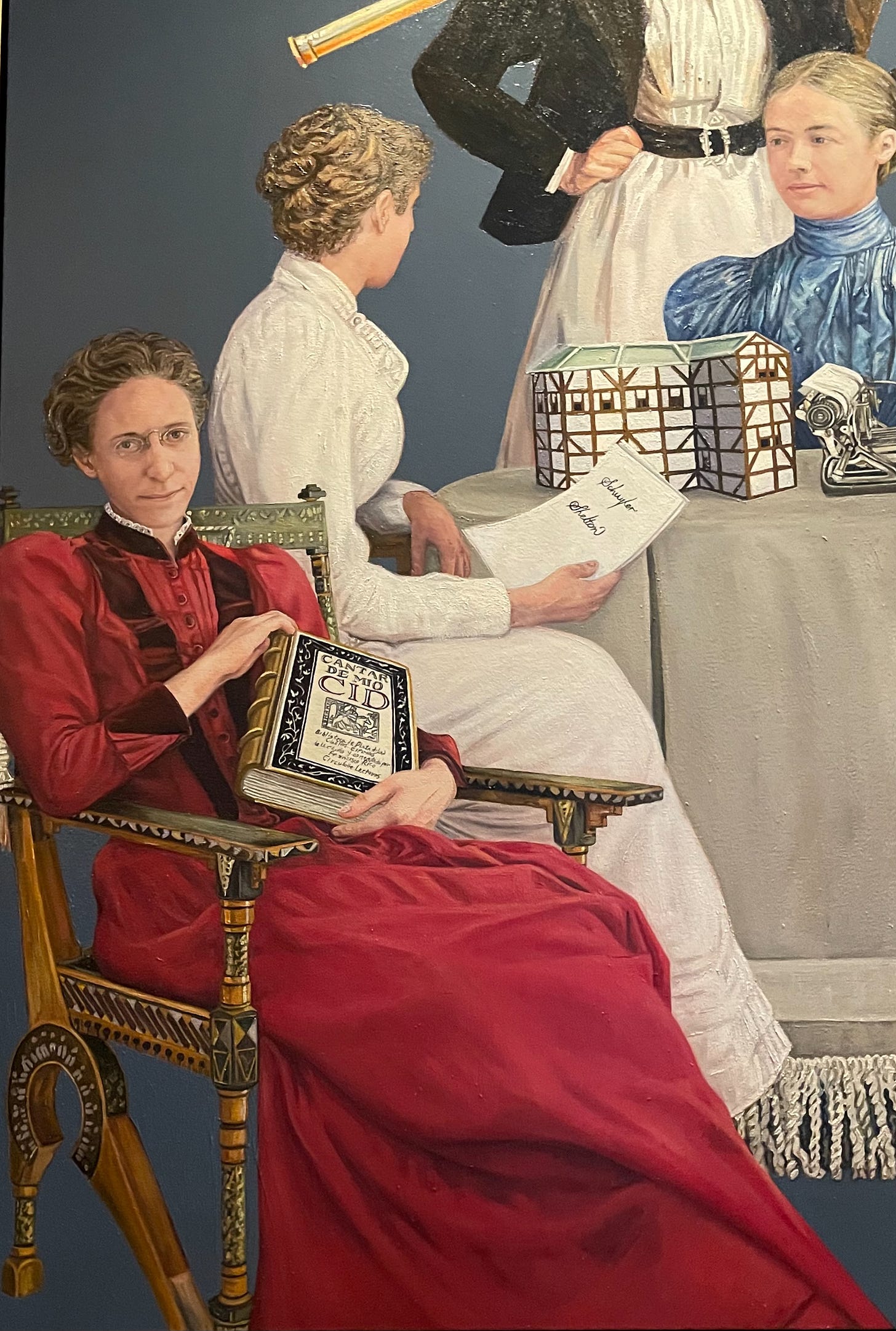#61 in 2024
You can’t say I wasn’t warned.
2666 by Roberto (“Call Me Digression”) Bolaño was Nr. 6 on the NYT list of the top 100 books of the 21st century. If you follow my Funny, you know that it took me a while to read all 900 pages, organized as five-books-in-one. The first book is about four academics searching for an (invented) German author who has disappeared. Vanishing seems to be a thing famous writers do. Only a few months ago I read André Alexis's Days By Moonlight, which is also about searching for a rogue author, albeit in Ontario. (2666 was published in 2004; Days by Moonlight in 2019.)
I noticed that my daughter was also reading 2666, moreover in the original Spanish. She was way ahead of me.
Me (to daughter): I just started the book. Should I finish?
Daughter: If you can stand to read about 300 murdered Mexican women, sure.
(a week later)
Me: Book One was okay, but did you notice that every woman in the story is there to be fucked? Three of the literary academics are male and they all eventually sleep with the (gorgeous, of course) female one. I’m getting that sexism feeling.
Daughter: (shrugs) All male writers from the twentieth century are sexist. In the end, I enjoyed it.
She’s tougher than me.
You just can’t rape that many people. It’s mathematically impossible. It’s too hard on the body. You get tired.
Bolaño’s women are either extremely beautiful or dead, supremely violated bodies, unless they are old and therefore (for Bolaño) unfuckable women, or the narrator’s mother. The first fully drawn female character is 70 years old and she appears on page 427. I had to wade through pages full of devastating misogynist jokes as if I hadn’t heard them all before. I don’t care that it’s based on a true story, that there was a Mexican town in which some 500 women were killed over a twenty year period. I don’t like how he writes about eleven year old girls who are found dead and horribly raped.
Eventually men were the victims and the violence escalated, and I the reader felt like a punching bag. More than once I looked up a quotation by Anna Badkhen on why she stopped graphically describing violence.
Bolaño’s vanity bugged me too. He keeps reminding us that he’s writing the Great Flawed Masterpiece, the kind written by Kafka, Melville, Dickens, Capote.
Now even bookish pharmacists are afraid to take on the great, imperfect, torrential works, books that blaze paths into the unknown…they want to watch the great masters spar, but they have no interest in real combat, when the great masters struggle against that something, that something that terrifies us all, that something that cows us and spurs us on, amid blood and mortal wounds and stench.
…
Most writers are deluded or playing. ….We play at believing ourselves immortal... See you at the Nobel, writers say, as one might say: see you in hell.
#62 in 2024
Latvian writer Vizma Belševica was a renowned dissident who suffered through the Brezhnev years. Many of us thought she should have been nominated for the Nobel prize. After independence, she wrote several autobiographical novels. Bille dzīvo tālāk — Bille goes on living — describes what it’s like to be a twelve year old under the Soviet and thirteen under the Nazi occupation up to when her rural home becomes a battlefield. One day everyone is speaking in Russian, the next day it’s German. In the city, she and her mother sneak food to starving prisoners-or-war; in the countryside, someone denounces his neighbours so he can take their land once they are arrested. The children struggle to live in a semblance of normalcy, herding the cows, until the cows are confiscated by the army.
The 1996 cover photo is one from Belševica’s photo collection. A little girl walking into a stony future.
Visi pēkšņi bija kļuvuši tādi kā ačgārni.
Papucis, no frontes pārnācis, baismīgi raudāja, gribēja mirt. Bille nekad neaizmirsīs papuča asinis uz pirkstiem. Papuča, kurš kāvās krogos par katru nieku, nevis bija smalks kungs ar sunīti elkonī. Tagad papucis atkal frontē. Nezināms, kur un ka. …Logi bija gaiši, jo te vēl nebumbo.
#63 in 204
J. M. Ledgard’s Submergence starts with a man kept hostage in a bathroom in an unfinished house in Somalia in 2012. He’s in love with an amazing woman who doesn’t know he’s a hostage. She’s amazing because she is a brilliant oceanographer who is about to descend into the depths of the ocean in the Nautile. And this is where things get weird.
Without warning he was battered with conflicting emotions and identities, as if a train had braked hard and all the baggage had come crashing down on top of him.
Might you recall how I waxed enthusiastic about Martin MacInnes’s book In Ascension? I bet he was inspired by Submergence. Ledgard even handed him the title. He writes: The Latin term for the feast of ascenscion is ascencio, which describes how Christ was supposed to have lifted off from the earth under his own power, leaving the mark of his foot in the rock.
MacInnes lists Submergence as one of his top 10 visionary books about scientists. Shave off everything Ledgard writes about Africa and spycraft, and you’ll feel like this is the prequel for MacInnes’s groundbreaking Booker-long-listed book.
The kidnapped guy in the bathroom is a spy. And Submergence is a beautiful love story.
3088 metres…3120… Amphipod danced at the edge of the vents. Tubeworms swayed like heavy cocks. There were mussels and other bivalves. Blind fish circled.
Their initial success was less a scientific one than a human one; they had returned. …they had ascended like Orpheus from the soup which contained the magnitude of species, and which would be the sanctuary of life on earth for as long as it kept spinning, primitive, consistent, constant, offering protection from solar flares, nuclear radiation, comets and other yet unknown human crimes.
#64 in 2024
His name sounds like he was born with an Ivy League spoon in his mouth, and yes he is a historian at the Harvard Kennedy School of Government, but this doesn’t stop Calder Walton from writing up a storm. Published last year, Spies: The Epic Intelligence War between East and West was written against the backdrop of the Russian invasion of Ukraine, and that makes it a book to read now. It is a story of the best and worst of mankind: bravery and honor, treachery and betrayal…The story shifts across continents and decades, from the freezing streets of Petrograd (St. Petersburg) in 1917 to the bloody beaches of Normany in World War II; from coups in faraway lands to present-day use of Russian and Chinese use of synthetic warfare…
I eyed the number of pages (500) with a modicum of dread, especially after giving Bolaño so many weeks of my life, but Spies turned out to be an easy read, even though I was so frequently aghast. Aghast. Sometimes because the Russians had so many spies working in high places in the West; sometimes because the CIA was planning assassinations. I shook my head so often in dismay that it nearly fell off. For example: Stalin knew about the American atom bomb before Harry Truman did. I wrote a whole play about the Russian cipher clerk Igor Gouzenko who had such a hard time defecting in Ottawa; the story behind it all is even nuttier. I was on the edge of my seat when an agent for M15 stood next to Guy Burgess in a pub, watching him down one gin after another, but not nabbing him, sadly, since that very day he and Maclean defected to the Soviet Union.
…the Soviet Union conducted wartime espionage and stole Western military and industrial secrets, in ways that lacked any equivalence by the West.
Not that the Russians are the only villains in this story: Walton pulls no punches as he describes the machinations of Kennedy and Nixon in Cuba, Chile, Africa, as the Cold War becomes a North-South conflict as well, fought by two empires in all but name.
If you liked Slow Horses, you will like reading about the real thing. However, it won’t help you sleep at night.
#65 in 2024
Katherine Boo followed the lives of two people from 2007 to 2011 to write Behind the Beautiful Forevers: Life, Death, and Hope in a Mumbai Undercity. She has won the Pulitzer Prize writing for The Washington Post and is a staff writer for The New Yorker. The title comes from a billboard that advertises Italianate floor tiles with the words BEAUTIFUL FOREVER BEAUTIFUL FOREVER BEAUTIFUL FOREVER and from the first sentence, the book reads like a novel.
Midnight was closing in, the one-legged woman was grievously burned, and the Mumbai police were coming for Abdul and his father.
Do not judge this book by the cover: sticky with shades of slumdog millionaires, the contents give hope a bad name. There’s no eat-pray-love here, instead there’s a monumental struggle for survival amongst the poor in the slums of Mumbai, the ones who live right next to the international airport, where children make a living by picking through garbage and stealing wires from construction sites, and girls read Mrs. Dalloway and Doctor Faustus for their high school diplomas even though the content sounds surreal amongst the sewage.
The Annawadi slum was established in 1991 when labourers were trucked in from the southern Indian state of Tamil Nadu to repair a runway at the international airport. Of the 3,000 residents, only six have permanent jobs, and the path to financial security depends on corruption. According to Boo, these slum dwellers live in conditions that sabotage innate capacity for moral action.
When Fatima — the woman with one leg — gets in a fight with her neighbours, she pours cooking fuel over her head and sets herself on fire. Utter ruin follows for the family next door. They are part of a system in which the most wretched tried to punish the slightly less wretched by turning to a justice system so malign it sank them all.
*
I chanced upon an excellent essay by Olivia Laing about female writers who were alcoholics and next thing heard the same theme of alcoholism and writers picked up in The Worst Podcast by writer Rick Moody, talking dyspeptically with the host Alan Zweig. Alan happens to be my partner and this segue lets me shamelessly promote this episode which made me laugh out loud at the gym. You can find it here.
I’m thrilled to see there are new subscribers: welcome to my pick of five books that stray across my path. It’s taken me longer than usual to write this newsletter, because the books have been so substantial. Stay tuned, stay bookish, and fight hard for your right to read whatever you want. If you’re American, please vote for Kamala.
**
These are books that I abandoned because…
…they missed my funny bone: Mo Yan, Pow!
…. they were very funny but the subject was too creepy: Mary Roach, Stiff : the curious lives of human cadavers
…just plain nope: Upamanyu Chatterjee, The last burden
Currently reading: Teju Cole, Known and Strange Things and Henry Green, Party Going
***
The New List:
Featured Author: Colette, The Shackle, 1913
Second Latest Title Saved: Derek Walcott, The Arkansas Testament, 1987 (a collection of poems recommended by Teju Cole)
Reader Recommended: Barbara Kingsolver, Demon Copperhead, 2022 (hurray! and thank you, Aefa)
Oldest Title on the List: Élisa Shua Dusapin, Vladivostok Circus, 2020 (French novel)
The Random Bunch:
Henry Green, Party Going, 1939 (upper class England)
Vera Brittain, Testament of youth : an autobiographical study of the years 1900-1925, (British memoir of WWI)
Pankaj Mishra, Age of Anger: a history of the present, 2017 (I’m bracing myself)
Natsume Sosēki, I am a cat, 1904-1906 ( a satire of upper-middle-class Japanese society)
Ali Campbell, The Theatre of the Oppressed in practice today : an introduction to the work and principles of Augusto Boal, 2019 (I’m interested, duh)
Anne Carson, Short Talks, 2015 (a book of poems originally published in 1992 by an indie Canadian press called Brick)
If you’re wondering how my list is put together, check out my system here.

